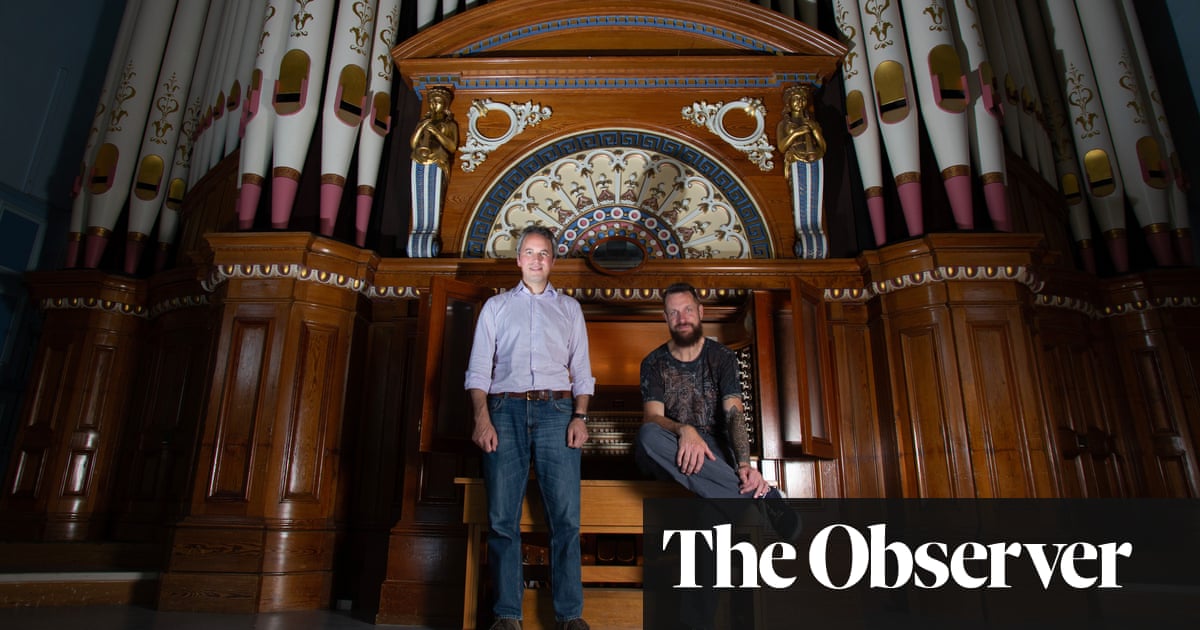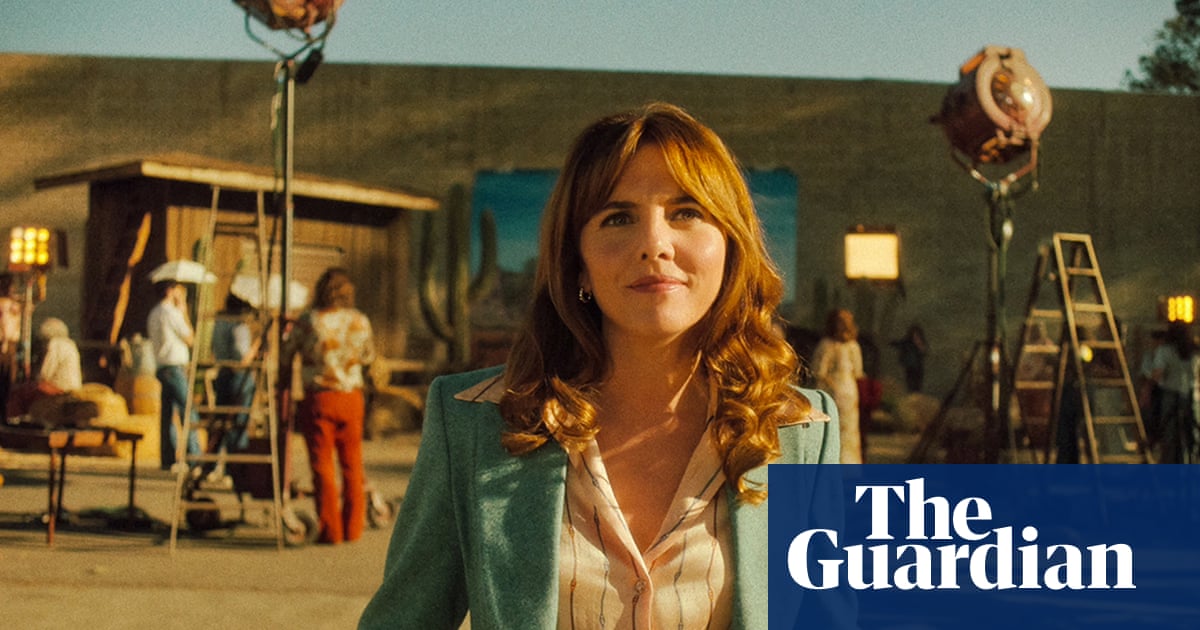
o some outsiders, metal appears chaotic, violent and devoid of emotional value, but inside the message is one of solidarity. Nothing exemplifies this better than the pit. Moshing could be considered dancing, and like any dance, there are rules. If someone falls down, everyone must get that person back on their feet, dust them off and shove them back into the chaos.
For many in underground metal, life is a moshpit and Covid-19 has knocked them down. Many artists have continued to play from home or experiment with ticketed livestreams, but in a world where bands rely on raw decibels, this often isn’t an option. The music is too loud for anything but expensive professional equipment, and the physical heaviness one feels in the chest – and soul – is a vital component of the experience. The musicians, meanwhile, rely on their art as an outlet for personal trauma and hardship.
At the beginning of 2020, Fed Ash, a metal/hardcore band from Syracuse, New York, were coordinating several tours. They had paid a premium to quickly get physical copies of their first album, Diurnal Traumas, to sell on tour. Among these shows was a gig at the three-day Oblivion Access festival in Austin, Texas, alongside big names such as Converge and Carcass. Like every other live music event, it was cancelled.
“That would have been huge for us,” says Matt Jaime, who plays bass for Fed Ash while also acting as their de facto manager. For this working-class band, every tour, T-shirt and recording session is financed by members’ day jobs. So when the pandemic struck, the money for CDs and merchandise, a van and rehearsal space added significant financial pressure.
All this without the catharsis and social connection of playing live. “It’s like a moment to just completely give yourself away to something, and forget where you are,” says the band’s vocalist, Allie French. “You don’t get to do that anywhere else. It’s a way of exorcising all the bullshit. A physical, emotional, spiritual release.”
Ethan Lee McCarthy, of Denver sludge metal band Primitive Man, who were also slated to play Oblivion Access, was in the studio with his bandmates in March recording the band’s third album, Immersion. Primitive Man, in addition to his other two projects Vermin Womb and Many Blessings, had shows booked through 2021, all of which have been cancelled. “I fucking hate it. I am like a plant without water,” McCarthy says.
According to the social psychologist Kyle J Messick, who studies metal music and culture, the impact of Covid-19 on touring for these acts at the extremes of the genre is “immense, both financially and emotionally. Most of the income that bands make comes from touring. These are people being deprived of a key facet of their identity and being.”
Messick relays findings from his numerous Covid-era interviews with metal musicians. Some describe playing live as providing meaning in their lives; veteran musicians say playing a gig makes them feel young again. “The loss of those feelings and that outlet can result in depressive symptoms, anxiety and general feelings of emptiness,” he says. “It can be emotionally devastating when musicians are prevented from touring, and it can be even more detrimental when it isn’t clear when they can start playing live again.”
Since its inception, rock music, and to an even greater extent metal subgenres, have been accused of causing severe emotional and mental health difficulties. Think of the “satanic panic” of the 1980s, or the “Filthy 15” artists cited by Tipper Gore in a censorship campaign partly concerned with metal’s fixation on death, blood and darkness. In fact, Merrick says, fans use the music to cope, while the metal community is less likely to stigmatise people who suffer from mental illnesses.
Some artists are, however, at least trying to shake metal out of its current stasis. From singing for guitar great Steve Vai to fronting his own death metal outfit Strapping Young Lad, Devin Townsend’s 18 albums chart his trajectory from the “mad scientist of metal” to something approximating a guru. Since Covid-19 sent him home to Vancouver, he has been livestreaming, raising money for hospitals around the world with a crowdfunding campaign.
Townsend says there are “opportunities amidst the chaos” and that having resources to connect with fans during lockdown has helped. “I’ve struggled with self-esteem issues for as long as I can remember,” he says, adding that the overwhelming response to his crowdfunding campaign shows just how much his music and message mean to listeners. “I can’t thank them enough, and hope to show that through the support, I can provide a ton of material for them during this time.” Townsend is using the time to work on several projects including a new album, Lightworker.
His well-earned positivity is laudable. The vast majority of musicians, though, still cannot properly connect with fans in lockdown, and there is no end in sight to their isolation and silence. For metalheads, the call to “open this pit up!” needs to be heeded more than ever.












